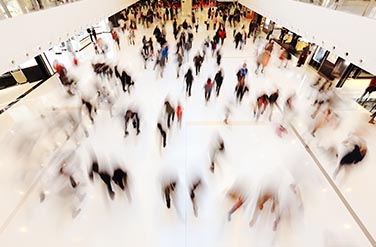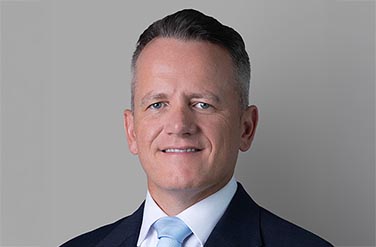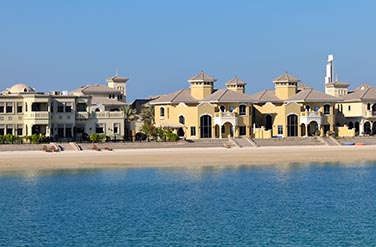If you're looking to invest in the UAE's property market, then what can Dh1 million buy you in the current climate?
Softening sales prices over the past few years, developers building smaller unit sizes and the lower deposit now required to secure a mortgage makes buying a home to live in, or as an investment, more affordable, say industry analysts.
Transactional data suggests that demand for Dh1m properties is on the rise. Almost half of all completed residential transactions in Dubai in the first half of this year were below the Dh1m mark, according to real estate consultancy Cushman & Wakefield Core.
With current property values more than 30 per cent cheaper than 2014 peak values, demand has picked up in recent weeks as the economy opens up, says Edward Macura, a partner at Cushman & Wakefield Core,.
“Sale prices have been under pressure over the last few years primarily due to oversupply concerns. We have seen a similar trend continue in 2020 due to the lingering impact of oversupply while demand drivers have also been impacted in the interim. Average residential capital values from January 2020 to July 2020 have dropped over 4 per cent,” says Mr Macura. "However, we see sale prices remaining under downward pressure as supply and demand continue to adjust to market conditions."
Mortgage consultancies are also reporting a steady stream of customer enquiries in the Dh1m price range. According to Mortgage Finder, 33 per cent of its mortgage requests in 2018 were for properties priced at Dh1m and below, this fell to 29 per cent in 2019 and was at 27 per cent in the first half of 2020.
“It is no secret that a few banks have altered their lending policies during the pandemic, becoming slightly more restrictive in terms of the industries they are willing to lend to. However, for the most part, banks in the UAE have remained open and ready to accept new business, with some even introducing excellent new rates and products to tempt potential buyers into the market,” says Brendan Kennelly, senior mortgage consultant at Mortgage Finder.
The Central Bank of the UAE's easing of loan-to-value ratios by 5 per cent in March now means the deposit required to buy a new home decreased to 20 per cent from 25 per cent for first-time expatriate buyers, and to 15 per cent from 20 per cent for Emiratis. A first-time expatriate buyer, for example, only needs a Dh200,000 deposit to purchase a Dh1m home.
Real estate sales are expected to pick up in the second half of the year in Abu Dhabi on the back of government initiatives and incentive packages offered by developers, according to real estate consultancy Chestertons.
While sales prices are expected to drop during that period, "generous developer incentives, such as extended post-handover payment plans, initial service charge waivers and discounted prices should serve to support transaction volumes”, says Chris Hobden, head of strategic consultancy, Chestertons Mena.




